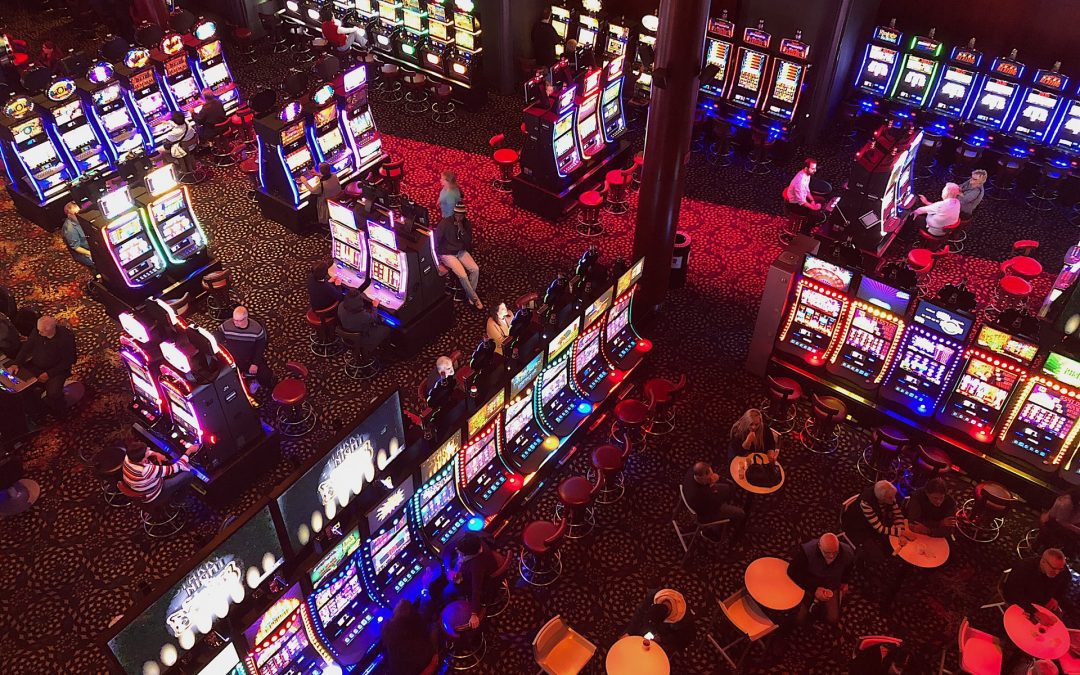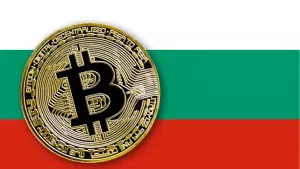
Anjouan Gaming License
Benefits of Anjouan Gaming License The Anjouan gaming licence, issued by the Autonomous Island of Anjouan, part of the Union of Comoros, offers several benefits for online gaming businesses. Here are some key advantages: Low Cost The cost of obtaining and maintaining an Anjouan gaming license is generally lower compared to many other jurisdictions. This makes it an attractive option for startups and smaller enterprises. Tax Benefits Anjouan offers favorable tax conditions for licensed gaming companies. The zero tax rates can significantly reduce the operational costs for these businesses. Simplified Legal Requirements The process of obtaining a gaming license in Anjouan is relatively straightforward and less cumbersome. The regulatory requirements are simpler, making it easier for businesses to comply. Privacy Protection Anjouan has strong privacy laws, which can be beneficial for businesses and their clients, offering a degree of confidentiality that might not be available in other jurisdictions. Global Operation A license from Anjouan allows companies to operate globally, with some exceptions. This international scope can be a significant advantage for businesses looking to reach a wide audience. No Gaming Tax Unlike some jurisdictions, Anjouan does not impose a gaming tax on its licensees, which can lead to substantial savings. Supportive Regulatory Environment The Anjouan government is known to be supportive of the online gaming industry, providing a stable and supportive environment for businesses. Universal license An Anjouan gaming licence provides comprehensive coverage for various online gambling activities. This includes the operation of online casinos, sports betting platforms, lottery games, and popular table games such as poker, blackjack, and baccarat. The license broadly covers most games of chance with few exceptions. Additionally, this license caters to both business-to-consumer (B2C) and business-to-business (B2B) models. It’s versatile enough for operators running online casinos directly for players, as well as those looking to license a casino platform for other businesses. It’s important to note that while there are benefits, companies should also be aware of the legal and regulatory implications of operating under an Anjouan gaming licence, especially considering the varied and sometimes strict gaming regulations in different countries. Compliance with international gaming laws and maintaining a good reputation should be a priority for any gaming business. Comparison of the Anjouana Gambling License with other jurisdictions Comparing the gambling license in Anjouan with those from other jurisdictions like Curacao and Malta can provide a clearer understanding of their differences, particularly in terms of reputation, cost, and regulatory requirements: 1. Reputation and Credibility: Anjouan: Generally considered less prestigious than Malta, Anjouan’s gaming license is still establishing its reputation in the global market. Curacao: Holds a moderate reputation; known for being a popular and accessible licensing jurisdiction for many online gaming businesses. Malta: Highly reputable and one of the most recognized and respected licensing jurisdictions in the world, particularly within the European Union. 2. Cost and Taxation: Anjouan: Offers low-cost licensing and maintenance fees, making it attractive for startups and smaller operations. Tax rates are also favorable. Cheaper than Curacao. Curacao: Known for its affordable licensing fees and low taxation, appealing to many online gaming startups. Malta: Typically involves higher costs for licensing and operation. However, its strong reputation can justify these expenses for larger or more established companies. 3. Regulatory Requirements and Compliance: Anjouan: Has simpler, less stringent regulatory requirements, making it easier for businesses to obtain and maintain their licenses. Curacao: Offers a relatively straightforward licensing process with low-to-moderate regulatory demands. Malta: Known for its rigorous regulatory framework, demanding high standards of compliance, transparency, and player protection. This can mean more complex and costly compliance procedures. 4. Scope of Activities and Global Reach: Anjouan: Allows for a wide range of online gaming activities under one license, with global operation potential. Curacao: Also permits a broad spectrum of gaming activities and has a good global reach. Malta: Provides a highly respected license that is recognized worldwide, particularly advantageous for companies targeting European markets. A license for each type of activity is needed. 5. Target Markets: Anjouan: Suitable for businesses targeting international markets, especially where cost-effectiveness is key. Curacao: Often chosen by startups and companies targeting diverse international markets. Malta: Ideal for businesses targeting European customers and those seeking a prestigious licensing jurisdiction. InteliumLaw Services for Anjouan Gaming License 1. Initial Preliminary Advice: Via this advice, we will help you understand whether gambling license in Anjouan will suit your business needs 2. Turnkey License Obtaining: We provide guidance through the entire process of applying for the Anjouan gaming license, including incorporation of a company, and preparation and submission of necessary documents. 3. Regulatory Compliance Advice: We can provide expert advice on meeting the regulatory requirements of the Anjouan gaming authority, ensuring the business remains compliant with local laws and international standards. 4. Corporate Structuring and Incorporation: We provide assistance with setting up the appropriate corporate structure covering Anjouan licensed company and other companies if needed. 5. Banking and Payment Solutions: We are able to advise you on banking and payment processing options in Anjouan, including setting up merchant accounts and ensuring compliance with financial regulations. 6. Ongoing Legal Support: InteliumLaw can provide ongoing legal support to address any issues related to the gaming license, including renewals, compliance updates, and changes in legislation. 7. Tax Planning and Advice: Our services include guidance on tax planning strategies to optimize the financial benefits of operating under an Anjouan gaming license. Requirements for the Anjouan Gaming License Before being granted an Anjouan gaming licence, authorities require detailed personal and financial information. This includes your identity, business intentions, residence, financial status, and more. A comprehensive background check is also necessary to verify your good moral standing. Among other, the following documents are required (the list below covers shareholders, directors and the new company itself): Notarized copy of the photo and signature pages from a valid passport. Recent utility bill for address verification. CV. An original bank reference letter, demonstrating a banking relationship of at least 2 years. A bank statement is also acceptable. Original letter of recommendation (reference letter)



